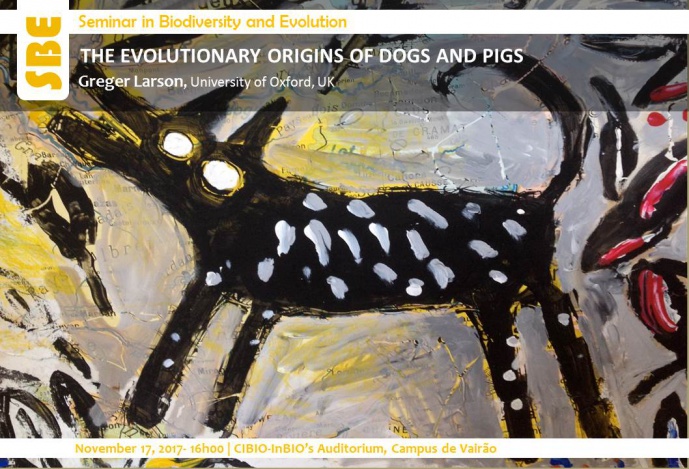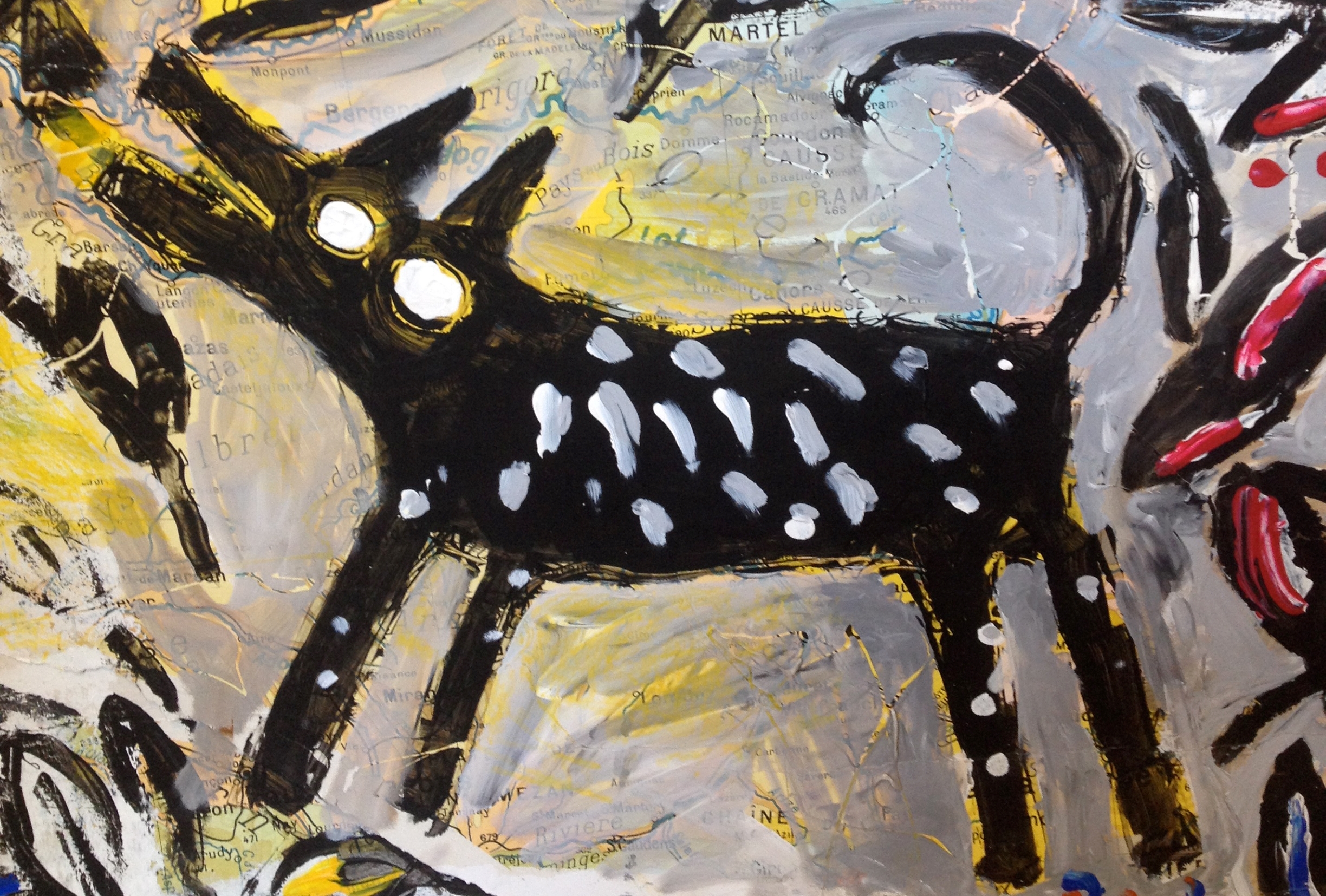THE EVOLUTIONARY ORIGINS OF DOGS AND PIGS


The combination of high throughput sequencing and improved DNA extraction techniques has allowed for the generation and analysis of multiple complete genomes from long dead organisms. As a result, it is now possible to observe fundamental evolutionary processes through time. Rather than having to make inferences from modern populations, ancient genomes are now allowing time-stamped allele frequencies to be directly measured. Such time series provide a powerful source of information to detect and estimate selection in natural and domestic populations. In addition, the use of ancient nuclear DNA has made it possible to detect gene-flow from extinct species into modern populations, an objective that was unobtainable as recently as a decade ago. Understanding the consequences of gene-flow from extinct to modern populations, such as the importance of adaptive introgression allows unparalleled insights into the nature and process of evolution. In this talk, I will discuss how new results from ancient dogs and pigs are revealing the origins of domestic animals and asking new questions about our long-term relationship with the animals closest to us.
Greger Larson received his bachelor's degree in 1996 from Claremont McKenna College, a small liberal arts college in California. He read just about everything Stephen J Gould ever wrote over the following three years while he wandered the deserts of Turkmenistan and worked for an environmental consultancy in Azerbaijan. Deciding that evolution was cooler than oil, Greger studied at Oxford and the University of Colorado before receiving his PhD in Zoology in 2006. He then spent two years in Uppsala, Sweden on an EMBO postdoctoral fellowship before starting a job in the department of archaeology at Durham University. Greger has recently moved to Oxford University to become the Director of the Palaeogenomics & Bio-Archaeology Research Network where he is continuing his focus on the use of ancient DNA to study the pattern and process of domestication. He rarely wonders what his salary would be had he stuck to oil.
The seminar will be followed by an extended discussion and a coffee break, up to 17:30, with the additional presence of Ludovic Orlando (U. Copenhagen), Laurent Franz and Evan Irving-Pease (both from the U. Oxford).
[Host: José Melo-Ferreira, Population Genetics, Hybridization and Speciation]